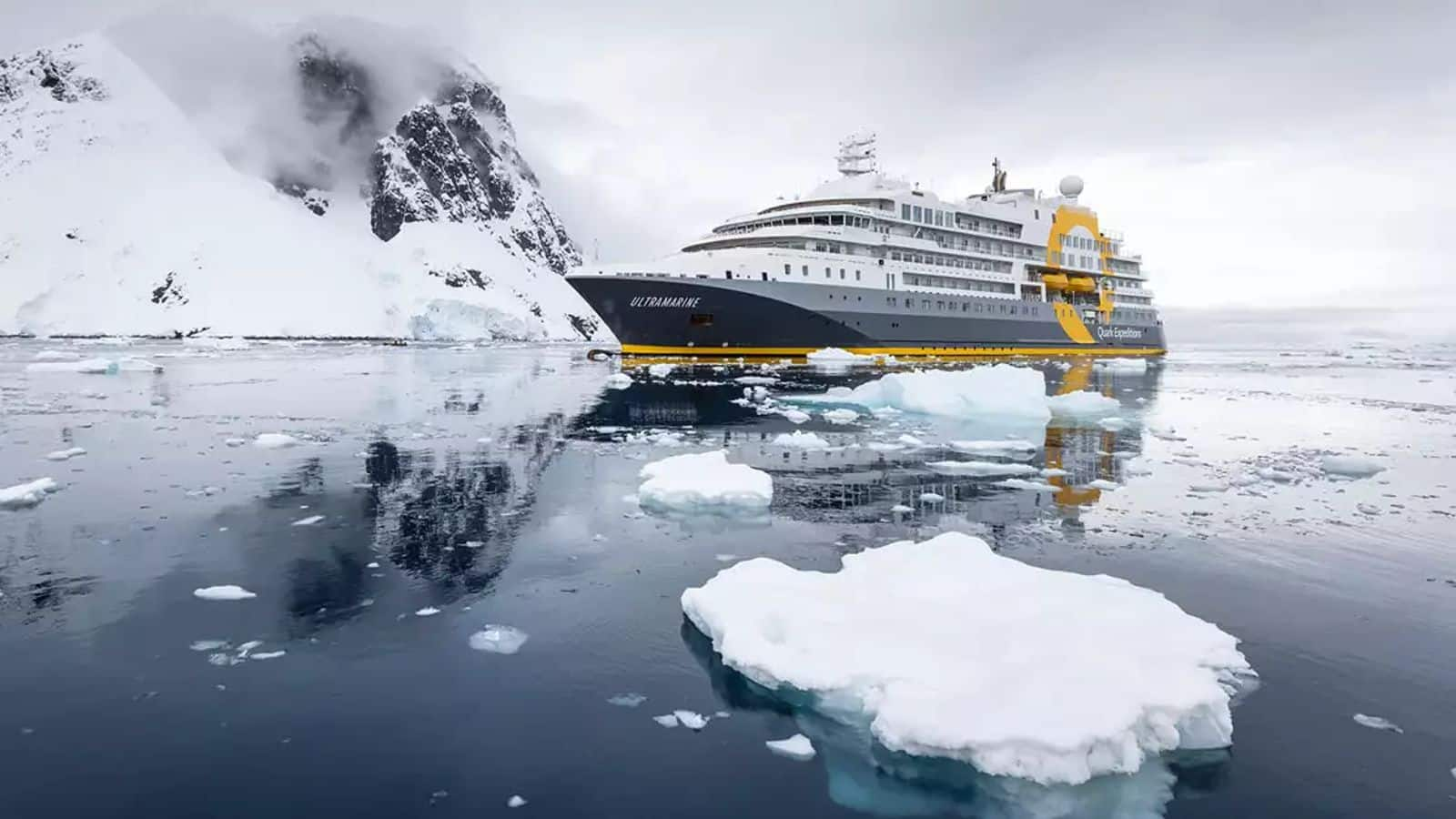
Polar plunge in Antarctica is an adventure you can't miss
What's the story
An Antarctic expedition is a journey unlike any other, offering a mix of stunning landscapes and wildlife encounters, topped with the thrill of the polar plunge. This adventure brings you to the southernmost point of the Earth, surrounded by the stark beauty of towering glaciers, majestic icebergs, and the expansive polar sea that stretches to the horizon.
Getting ready
Prepare for your polar plunge
Before taking the plunge into Antarctic waters, it's essential to understand what you're signing up for. The polar plunge is a tradition where adventurers briefly swim in the freezing ocean. Preparation involves mental readiness and listening to safety briefings from your expedition team. They'll guide you on how to enter and exit the water safely to ensure an unforgettable experience without risking your health.
Iceberg viewing
Witness majestic icebergs up close
Apart from taking a dip in icy waters, your Antarctic journey allows you to explore massive icebergs from a safe distance. These floating ice giants come in various shapes and sizes, showcasing nature's artistry. Guided tours on small boats provide an intimate viewing experience, allowing you to appreciate the sheer scale and beauty of these frozen wonders.
Wildlife encounters
Encounter Antarctic wildlife
Antarctica is home to an array of wildlife uniquely adapted to its cold environment. From observing colonies of penguins waddling on ice to spotting seals lounging by the water's edge and witnessing whales breach in icy waters, wildlife encounters are an integral part of any Antarctic expedition. Respectful observation from a distance ensures these creatures continue their natural behaviors undisturbed.
History exploration
Explore historic research stations
Visiting historic research stations in Antarctica offers insights into human presence on this distant continent. These sites share stories of bold exploration, scientific breakthroughs, and survival. Tours often include stops at active stations, where scientists convey their research on climate change, marine biology, and glaciology. This highlights Antarctica's critical role in our understanding of global environmental changes.